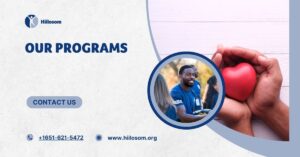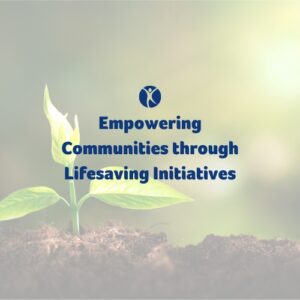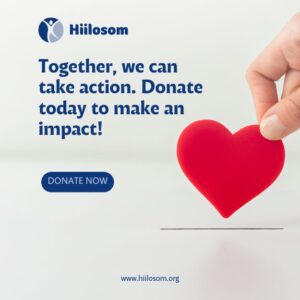Gender-Based Violence in Somalia: A Crisis in Need of Urgent Attention
Gender-based violence (GBV) in Somalia is a pervasive issue that affects thousands of women and girls across the country. The problem has been exacerbated by decades of conflict, poverty, and deeply entrenched gender norms. From domestic violence and sexual assault to forced marriages and female genital mutilation (FGM), gender-based violence is not only a violation of human rights but also a significant barrier to achieving gender equality and development in Somalia.
The Scope of the Problem
Somalia’s fragile state has created an environment where violence against women and girls can occur with impunity. According to the United Nations, over 70% of Somali women experience some form of gender-based violence in their lifetimes. This includes sexual violence, intimate partner violence, early marriage, and harmful traditional practices like FGM. Women living in internally displaced persons (IDP) camps are particularly vulnerable, as they often lack basic protection and access to justice.
Conflict and displacement have only heightened the risks, with women being targeted as a form of warfare. Sexual violence is commonly used as a tool to assert power, control, and humiliation over communities. Meanwhile, the collapse of legal and social structures makes it nearly impossible for survivors to seek justice.
Root Causes of Gender-Based Violence
Several interconnected factors contribute to the high rates of GBV in Somalia. Traditional gender norms play a critical role, with women often viewed as subordinate to men. This unequal power dynamic fosters an environment where violence against women is normalized and accepted. Moreover, poverty and lack of access to education leave many women and girls economically dependent on men, making it difficult for them to escape abusive situations.
The legal system in Somalia is another major barrier. While the country has laws that criminalize certain forms of violence, these laws are often poorly enforced. In many rural areas, customary law (Xeer) takes precedence, and disputes related to gender-based violence are often resolved through negotiations that favor the perpetrator, not the victim. In many cases, survivors are forced to marry their abusers to “restore honor.”
The Psychological and Societal Impact
The impact of gender-based violence on women, their families, and society at large is profound. Survivors often experience long-term psychological trauma, including depression, anxiety, and post-traumatic stress disorder (PTSD). For those who become pregnant as a result of rape, the stigma can lead to social exclusion, pushing survivors further into poverty and isolation.
The consequences of GBV extend beyond individual women, affecting entire communities. Children growing up in homes where violence is prevalent are more likely to experience emotional and behavioral problems. This cycle of violence can perpetuate itself across generations, making it more difficult to break the pattern of abuse.
The Role of Non-Governmental Organizations (NGOs)
While the challenges are significant, there are many local and international organizations working tirelessly to address GBV in Somalia. Hiilosom Humanitarian Assistance is one such organization that provides crucial support to survivors. Through shelters, counseling services, and legal assistance, we help women rebuild their lives and reintegrate into society. In addition, we work to educate communities on gender equality, challenging harmful norms and advocating for policy changes that protect women and girls.
Why Action is Needed Now
Ending gender-based violence is not just a moral imperative; it is essential for Somalia’s development. When women and girls are free from violence, they can fully participate in society, contributing to the country’s economy and governance. Studies show that empowering women leads to stronger communities and a more resilient nation.
But we can’t do this alone. The fight against gender-based violence requires urgent action from everyone—governments, civil society, and individuals. We need to invest in programs that provide survivors with the tools they need to heal and thrive. More importantly, we must challenge the attitudes and structures that allow violence to continue unchecked.
How You Can Help
At Hiilosom Humanitarian Assistance, we believe in the power of collective action. By donating to our organization, you are directly supporting our efforts to protect women and girls from gender-based violence in Somalia. Your contributions allow us to provide life-saving services, from safe shelters to legal support, and to educate communities on gender equality.
Together, we can break the cycle of violence. Together, we can create a future where every woman and girl in Somalia is safe, respected, and empowered.



